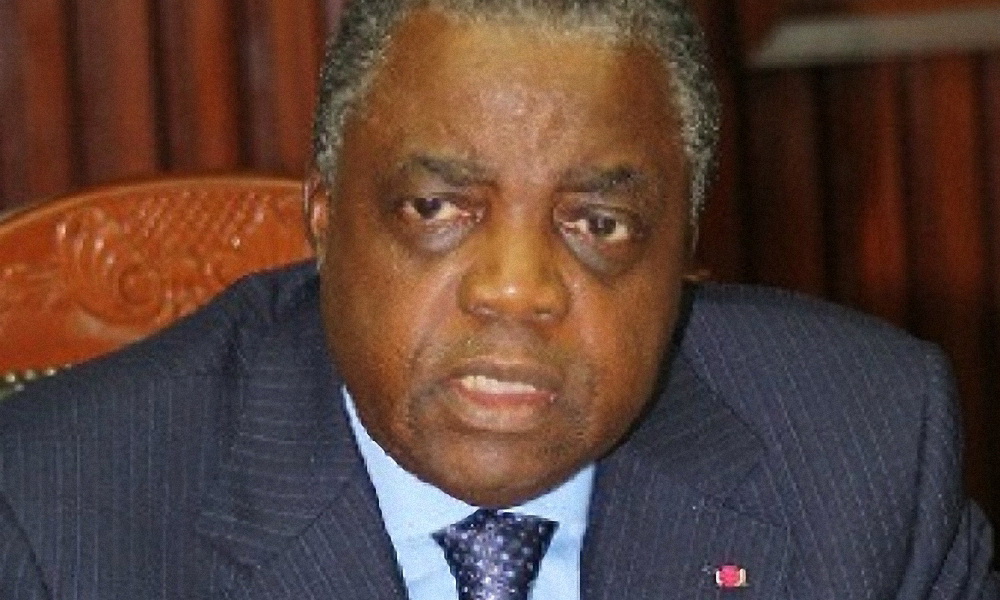Yaoundé says Ambazonia Forces, Boko Haram on offensive
Cameroon said Saturday that at least 22 people, including four soldiers, were killed in two Friday morning attacks – one by Boko Haram fighters on its northern border with Nigeria and the other by separatists fighting to create an independent English-speaking state in the country’s western regions. Officials warn of a new wave of violence and killing they say is being prepared by the separatists and Boko Haram terrorists.
Midjiyawa Bakari, governor of Cameroon’s Far North region, says there was general confusion in the town of Mozogo when militiamen warned civilians about Boko Haram suicide bombers from neighboring Nigeria in their midst.
He said some scared people fled into the bush, where they always go for safety, but many Nigerian suicide bombers were already hiding there. He said 11 civilians were killed on the spot when bombers detonated explosives. He said three were shot by the terrorist group in Mozogo, a town in Cameroon’s Mayo Sava administrative unit.
“Yesterday (Friday) we got an attack of Boko Haram in Mayo Tsanaga Division. Fourteen people died,” said Bakari. “We have been instructed by the hierarchy to extend a message of condolence and we condemn this act of Boko Haram and all measures will be taken with our vigilant committees [militias], who are working day and night alongside our forces to secure our populations.”
No one has yet claimed responsibility for attack in secessionist English-speaking North West region
Bakari said the wounded were rushed to hospitals in Mozogo and the neighboring town of Mokolo. He said the military had been deployed in Mozogo to secure Cameroon’s northern border with Nigeria’s Borno state, an epicenter of Boko Haram activity.
Cameroon government spokesperson Rene Emmanuel Sadi in a release said heavily armed Boko Haram fighters have infiltrated villages around Mozogo and called for vigilance.
The release also says separatist fighters attacked a military post at Matazen at the western entrance to the English-speaking North-West, region killing four soldiers and two civilians. Two civilians died while being rushed to hospitals.
Among the survivors of the attack is 43-year-old trader Clarence Tatah, who was driving from the English-speaking northwestern town of Bamenda to the coastal city of Douala. He says God saved his life from more than half an hour of crossfire.
“I opened that door behind there and jumped out of the car,” said Tatah. “Then I rolled and came under the car. After the shooting lasted for about 30 to 40 minutes, I discovered that a bullet went through my chair [seat] and came out behind. God protected me. The Lord preserved me.”
General Valere Nka, commander of the Cameroon military forces fighting the separatists, says his troops transported several wounded people to hospitals. He says physical damage was enormous. Nka says civilians should help the military find the fighters by reporting suspects in their communities.
He says the task ahead is still enormous because there are many rebel camps his troops must destroy. He says it is imperative for everyone to know that the military is there primarily to protect civilians. He says he is urging the population to collaborate with the military, which is doing everything possible to protect civilians and their goods and restore peace.
Cameroon has been fighting to secure its northern border with Nigeria from Boko Haram incursions and combating separatist fighters in its English-peaking western regions.
No one has claimed responsibility for the attacks in the northern town of Mozogo and the western locality of Matazen.
The government, however, blames Boko Haram and separatist fighters for the separate attacks.
The separatist crisis that is in its fourth year has killed over 3,000 people and displaced more than 500,000 others according to the United Nations.
Boko Haram terrorists have been fighting for 11 years to create an Islamic caliphate in northeast Nigeria. The fighting has spread to Cameroon, Chad, Niger and Benin.
The United Nations says Boko Haram violence has cost the lives of 30,000 people and displaced about 2 million in Nigeria, Cameroon, Niger and Chad.
Source: VOA





